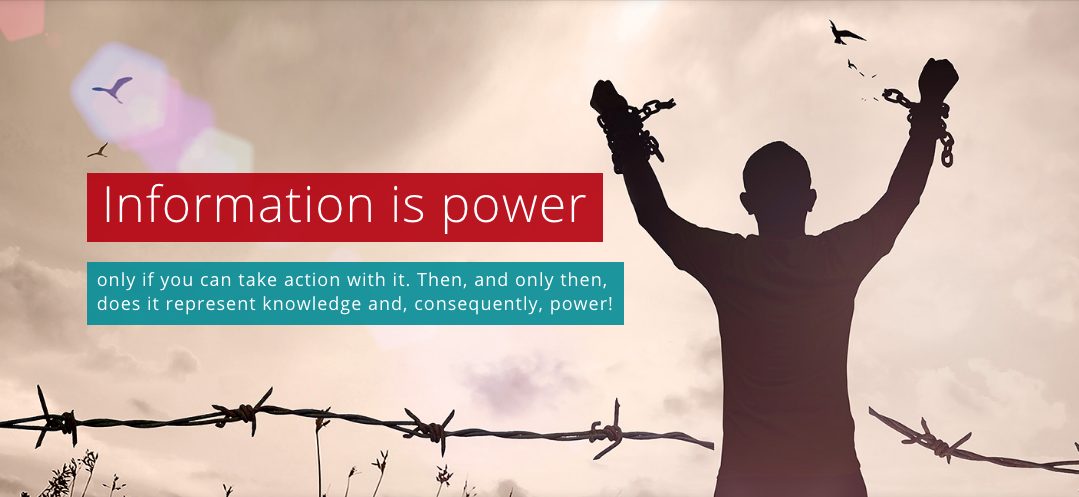Image courtesy: action-namibia.org
Namibia is on the cusp of getting an access to information law … which has been a long time in coming.
Namibia’s slow journey to an access to information law (ATI) is as long as the country is old and looks to finally be coming to an end, after information minister Peya Mushelenga tabled a long-awaited draft ATI Bill in the National Assembly on 17 June 2020.
Since shortly after Namibian independence in 1990 both the Namibian government and civil society have at various times taken the lead in calling or pushing for the enactment of an ATI law, with many stops and stumbles along the way.
Following is a timeline of notable events along this journey:
- 21 March 1990 – The Namibian Constitution becomes the supreme law of the land, guaranteeing freedom of expression and the media in Article 21 (1)(a). Freedom of expression is by that time understood to implicitly include the right to information.
- April 1990 – Namibia becomes a member of the United Nations (UN), ratifying the UN Charter. With that it also subscribed to the Universal Declaration of Human Rights (UDHR), which expressly recognises access to information as a human right in Article 19.
- 3 May 1991 – The Windhoek Declaration on Promoting an Independent and Pluralistic African Press was adopted by African media organisations and practitioners. The Windhoek Declaration called for “freedom of information and expression” as a “fundamental contribution to the fulfillment of human aspirations”.
- 30 July 1992 – Namibia ratifies the African Charter on Human and Peoples Rights (ACHPR), which recognises access to information as a human right in Article 9.
- 28 November 1994 – Namibia ratifies the International Covenant on Civil and Political Rights (ICCPR). Article 19 of the ICCPR expressly recognises access to information as a civil right.
- 7-9 October 1998 – The ‘Promotion of Ethics and Combating of Corruption’ national consultative conference is hosted by the Namibian government in Windhoek. The conference recommends: “That an affirmative obligation be placed on Government as well as on other public institutions that operate on taxpayers money to disclose maximum information to citizens. A Freedom of Information Act should be passed and Constitutionally safeguarded.” The Namibian prime minister at the time and host of the conference was Hage Geingob.
- 3 August 2004 – Namibia ratifies the United Nations Convention Against Corruption (UNCAC), which calls for the implementation of ATI mechanisms in numerous articles.
- 19 September 2011 – The African Platform on Access to Information (APAI) is adopted by African Union (AU) representatives, and media and civil society organisations at the conclusion of the Pan-African Conference on Access to Information (PACAI), at Cape Town, South Africa. A number of the Namibian civil society and media organisations that go on to found the ACTION Coalition in 2012 are signatories to the APAI.
- July 2012 – The Access To Information in Namibia (ACTION) Coalition is formed by a group of civil society and media organisations to “campaign for a formal and comprehensive ATI legislative framework to improve accountability and transparency” in Namibia.
- 21-22 August 2012 – As a direct consequence of the PACAI conference and the adoption of APAI, the high profile ‘Towards Greater Transparency: Access to Information in Namibia’ conference is hosted in Windhoek by the three founding organisations of the ACTION Coalition – the Media Institute of Southern Africa (MISA) Regional Secretariat, MISA Namibia and the Institute for Public Policy Research (IPPR) – to accelerate discussions around the development of an ATI law for Namibia.
- November 2015 – Namibia becomes a signatory to the Sustainable Development Goals (SDGs). SDG 16.10 calls on states to implement ATI frameworks as a prerequisite for sustainable development.
- April 2016 – The signature development blueprint, the Harambee Prosperity Plan (HPP), of the Geingob administration is unveiled and rolled out. In Chapter 3 (Effective governance and service delivery) the plan aimed for “Access to Public Information: To ensure that our citizens have access to relevant Government information …”. This was not formally or substantially achieved by the time the HPP ran out at the end of March 2020.
- June 2016 – The Ministry of Information and Communication Technology (MICT) convened an ATI bill drafting workshop in collaboration with the ACTION Coalition and other stakeholders. The workshop produces an early draft of the ATI Bill that would eventually make its way to parliament.
- August 2016 – The Ministry of Information and Communication Technology (MICT) releases the final draft Revised National Information Policy. The draft states that government would “draft and implement Access to Information (ATI) legislation in accordance with internationally accepted best practices”. The draft revised policy is not finalised or approved by late June 2020, at the time of compiling this timeline.
- 23 August 2016 – Namibia ratifies the African Charter on Democracy, Elections and Governance, which calls on states to guarantee access to information in Article 19.
- Late 2016 – The National Anti-Corruption Strategy and Action Plan 2016-2019 is launched. One of the actions listed in the strategy is to have an ATI law implemented in Namibia by the end of 2019. This did not happen.
- 17 April 2019 – During the 2019 State of the Nation address, president Hage Geingob stated: “We recognize that access to information is a critical component of the electorate’s ability to hold elected leaders to account. To that end, the anticipated Access to Information Bill will be tabled in Parliament during 2019.” This did not happen.
- 17 June 2020 – Exactly four years after the initial draft was created, new MICT minister Peya Mushelenga tables the long-awaited ATI Bill in the National Assembly.

